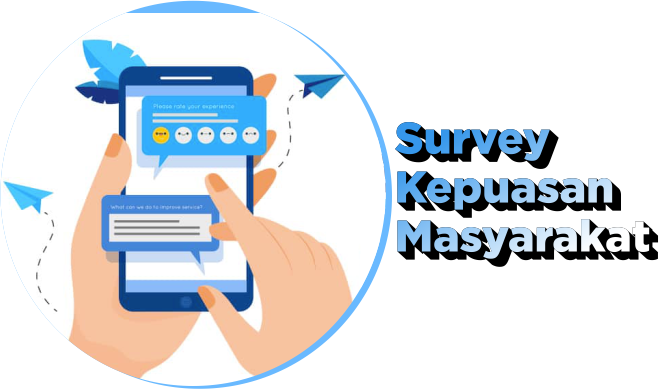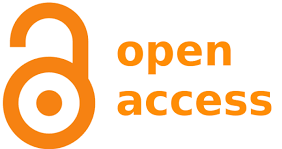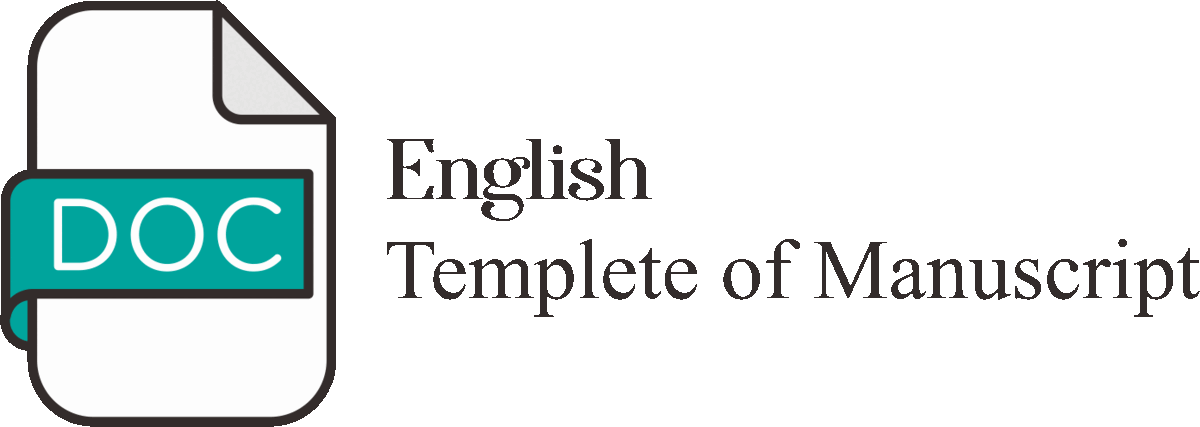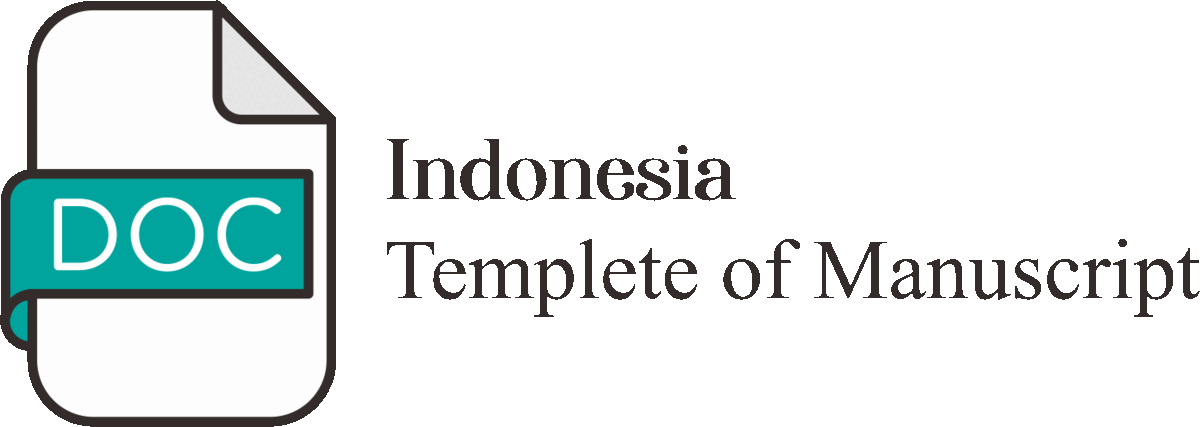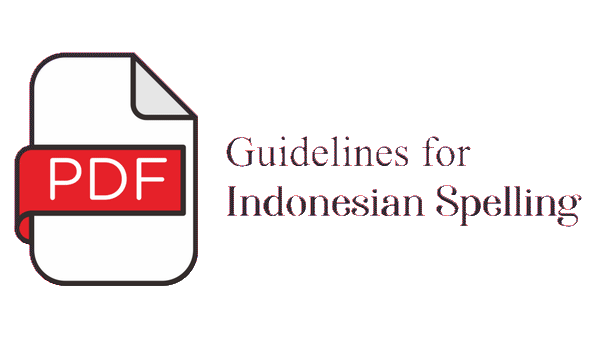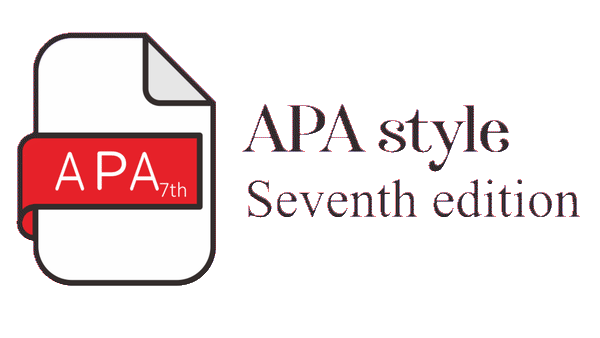Challenges and Opportunities in Developing Sustainable Tourism in Nusa Penida, Indonesia: A Narrative Review of Direct Community Behavior
Abstract
This narrative review aims to evaluate the current situation and challenges of developing sustainable tourism in Nusa Penida, Indonesia, with a focus on direct community behavior. Nusa Penida is a small island located southeast of Bali and is known for its natural beauty and biodiversity. The tourism industry has been growing rapidly in recent years, but it has also brought negative impacts on the environment and the local community. This review examines various studies and reports on the development of sustainable tourism in Nusa Penida and the factors that affect the behavior of local communities, tourists, and tourism stakeholders. The review identifies several challenges to developing sustainable tourism in Nusa Penida, including inadequate infrastructure, limited financial resources, and a lack of effective policies and regulations. The review also highlights the importance of community involvement and empowerment in the sustainable tourism development process. The review suggests that sustainable tourism development in Nusa Penida requires a holistic approach that considers the economic, social, and environmental aspects of tourism. The review further discusses the role of education and awareness-raising in promoting sustainable tourism behavior among local communities, tourists, and tourism stakeholders.
Keywords
Full Text:
PDFReferences
Anshori, I., Punia, I. N., & Zuryani, N. (2017). Masyarakat Pesisir Desa Kampung Toyapakeh. Jurnal Ilmiah Sosiologi (Sorot), 1(1), 1–15
Appleto, M. (2016). A Global Register of Competences for Protected Area Practitioners (Issue 2). www.iucn.org
Arismayanti, N. K., Sendra, I. M., Suwena, I. K., Budiarsa, M., Bakta, I. M., & Pitana, I. G. (2019). Tourism Villages’ Development in Bali, Mass or Alternative Tourism? Journal of Tourism and Hospitality Management, 7(2). https://doi.org/10.15640/jthm.v7n2a11
Berdej, S., & Armitage, D. (2016). Bridging for Better Conservation Fit in Indonesia’s Coastal-Marine Systems . In Frontiers in Marine Science (Vol. 3). https://www.frontiersin.org/article/10.3389/fmars.2016.00101
Burgoyne, C., & Mearns, K. (2020). Sustainable Tourism/Ecotourism BT - Responsible Consumption and Production (W. Leal Filho, A. M. Azul, L. Brandli, P. G. özuyar, & T. Wall (eds.); pp. 817–825). Springer International Publishing. https://doi.org/10.1007/978-3-319-95726-5_22
Cobbinah, P. B., Amenuvor, D., Black, R., & Peprah, C. (2017). Ecotourism in the Kakum Conservation Area, Ghana: Local politics, practice and outcome. Journal of Outdoor Recreation and Tourism, 20, 34–44. https://doi.org/https://doi.org/10.1016/j.jort.2017.09.003
Dwijendra, N. K. A. (2020). Identity Struggle Perspective in Car-Shaped Shrine in Paluang Temple, Nusa Penida Bali, Indonesia. International Journal of Psychosocial Rehabilitation, 24, 5579–5591. https://doi.org/10.37200/IJPR/V24I4/PR201653
Fleming, L. E., Maycock, B., White, M. P., & Depledge, M. H. (2019). Fostering human health through ocean sustainability in the 21st century. People and Nature, 1(3), 276–283. https://doi.org/https://doi.org/10.1002/pan3.10038
Gardner, C. J., Nicoll, M. E., Birkinshaw, C., Harris, A., Lewis, R. E., Rakotomalala, D., & Ratsifandrihamanana, A. N. (2018). The rapid expansion of Madagascar’s protected area system. Biological Conservation, 220, 29–36. https://doi.org/https://doi.org/10.1016/j.biocon.2018.02.011
Ginantra, I. K., Darmadi, A. A. K., Suaskara, I. B., & Muksin, I. (2018). Keanekaragaman jenis mangrove pesisir Lembongan dalam menunjang kegiatan wisata mangrove tour. Prosiding Seminar Nasional Pendidikan Biologi, 249–255
Grip, K., & Blomqvist, S. (2020). Marine nature conservation and conflicts with fisheries. Ambio, 49(7), 1328–1340. https://doi.org/10.1007/s13280-019-01279-7
Jatmoko, M., Adinda, A. R., Siregar, F. H., Dalimunthe, R. C., Sari, M., & Pertama, I. W. K. S. (2021). Perencanaan Proses Pengolahan Lindi di TPA Nusa Lembongan dengan Menggunakan Kolam Stabilisasi Planning for Leachate Treatment Process at TPA Nusa Lembongan by Using. 12(2), 165–173
Joseagush. (2020). Indonesia Klungkung Nusa Penida district location map. https://commons.wikimedia.org/wiki/File:Indonesia_Klungkung_Nusa_Penida_district_location_map.svg
KKP Nusa Penida. (2017). Rencana Pengelolaan dan Zonasi Kawasan Konservasi Perairan (KKP) Nusa Penida. 175
Laffoley, D., Baxter, J. M., Day, J. C., Wenzel, L., Bueno, P., & Zischka, K. (2019). Chapter 29 - Marine Protected Areas (C. B. T.-W. S. an E. E. (Second E. Sheppard (ed.); pp. 549–569). Academic Press. https://doi.org/https://doi.org/10.1016/B978-0-12-805052-1.00027-9
Lopes, P. F. M., Pacheco, S., Clauzet, M., Silvano, R. A. M., & Begossi, A. (2015). Fisheries, tourism, and marine protected areas: Conflicting or synergistic interactions? Ecosystem Services, 16, 333–340. https://doi.org/https://doi.org/10.1016/j.ecoser.2014.12.003
Masud, M. M., Aldakhil, A. M., Nassani, A. A., & Azam, M. N. (2017). Community-based ecotourism management for sustainable development of marine protected areas in Malaysia. Ocean & Coastal Management, 136, 104–112. https://doi.org/https://doi.org/10.1016/j.ocecoaman.2016.11.023
Medina, L. K. (2005). Ecotourism and Certification: Confronting the Principles and Pragmatics of Socially Responsible Tourism. Journal of Sustainable Tourism, 13(3), 281–295. https://doi.org/10.1080/01434630508668557
Nguyen, V. V., Phan, T. T. T., & Chun-Hung, L. (2022). Integrating multiple aspects of human–elephant conflict management in Dong Nai Biosphere Reserve, Vietnam. Global Ecology and Conservation, 39, e02285. https://doi.org/https://doi.org/10.1016/j.gecco.2022.e02285
Nie, X., Su, Y., Wang, H., Lyu, C., Wu, X., Li, X., Li, F., & Gao, W. (2023). Will short-term constraints affect long-term growth? Empirical analysis from the Beibu Gulf Mangrove National Natural Reserve of China. Ocean & Coastal Management, 239, 106616. https://doi.org/https://doi.org/10.1016/j.ocecoaman.2023.106616
Ocampo, L., Ebisa, J. A., Ombe, J., & Geen Escoto, M. (2018). Sustainable ecotourism indicators with fuzzy Delphi method – A Philippine perspective. Ecological Indicators, 93, 874–888. https://doi.org/https://doi.org/10.1016/j.ecolind.2018.05.060
Pham, T. T. T. (2020). Tourism in marine protected areas: Can it be considered as an alternative livelihood for local communities? Marine Policy, 115, 103891. https://doi.org/https://doi.org/10.1016/j.marpol.2020.103891
Phan, T. T. T., Nguyen, V. V., Thu Nguyen, H. T., & Lee, C.-H. (2023). Estimating citizen’s adaptive behavior for sustainable plastic waste management based on a choice experiment. Journal of Cleaner Production, 422, 138617. https://doi.org/https://doi.org/10.1016/j.jclepro.2023.138617
Poernomo, A., & Kuswardani, A. R. (2019). Ocean Policy Perspectives: The Case of Indonesia: Politics and Policy for Threatened Seas. In Climate Change and Ocean Governance (pp. 102–117). https://doi.org/10.1017/9781108502238.007
Protected Planet. (2018). KKP NUSA PENIDA. https://www.protectedplanet.net/555587241
Rawlins, M. A., & Westby, L. (2013). Community participation in payment for ecosystem services design and implementation: An example from Trinidad. Ecosystem Services, 6, 117–121. https://doi.org/https://doi.org/10.1016/j.ecoser.2013.09.004
Sari Adnyani, N. K. (2014). Nyepi Segara Sebagai Kearifan Lokal Masyarakat Nusa Penida Dalam Pelestarian Lingkungan Laut. Jurnal Ilmu Sosial Dan Humaniora, 3(1), 300–312. https://doi.org/10.23887/jish-undiksha.v3i1.2921
Sari, M. M., Inoue, T., Septiariva, I. Y., Suryawan, I. W. K., Kato, S., Harryes, R. K., Yokota, K., Notodarmojo, S., Suhardono, S., & Ramadan, B. S. (2022). Identification of Face Mask Waste Generation and Processing in Tourist Areas with Thermo-Chemical Process. Archives of Environmental Protection, 48(2).
Sriarkarin, S., & Lee, C.-H. (2018). Integrating multiple attributes for sustainable development in a national park. Tourism Management Perspectives, 28, 113–125. https://doi.org/https://doi.org/10.1016/j.tmp.2018.08.007
Suryawan, I. W. K., & Lee, C.-H. (2023a). Citizens’ willingness to pay for adaptive municipal solid waste management services in Jakarta, Indonesia. Sustainable Cities and Society, 97. https://doi.org/https://doi.org/10.1016/j.scs.2023.104765
Suryawan, I. W. K., & Lee, C.-H. (2023b). Community preferences in carbon reduction: Unveiling the importance of adaptive capacity for solid waste management. Ecological Indicators, 157, 111226. https://doi.org/https://doi.org/10.1016/j.ecolind.2023.111226
Suryawan, I. W. K., & Lee, C.-H. (2024). Importance-performance dynamics and willingness to pay in coastal areas for climate-adaptive marine debris management. Regional Studies in Marine Science, 103596. https://doi.org/https://doi.org/10.1016/j.rsma.2024.103596
Sutrisno, A. D., Chen, Y.-J., Suryawan, I. W., & Lee, C.-H. (2023). Establishing Integrative Framework for Sustainable Reef Conservation in Karimunjawa National Park, Indonesia. In Water (Vol. 15, Issue 9). https://doi.org/10.3390/w15091784
Tseng, M.-L., Lin, C., Remen Lin, C.-W., Wu, K.-J., & Sriphon, T. (2019). Ecotourism development in Thailand: Community participation leads to the value of attractions using linguistic preferences. Journal of Cleaner Production, 231, 1319–1329. https://doi.org/https://doi.org/10.1016/j.jclepro.2019.05.305
Weeks, R., Aliño, P. M., Atkinson, S., Beldia, P., Binson, A., Campos, W. L., Djohani, R., Green, A. L., Hamilton, R., Horigue, V., Jumin, R., Kalim, K., Kasasiah, A., Kereseka, J., Klein, C., Laroya, L., Magupin, S., Masike, B., Mohan, C., … White, A. T. (2014). Developing Marine Protected Area Networks in the Coral Triangle: Good Practices for Expanding the Coral Triangle Marine Protected Area System. Coastal Management, 42(2), 183–205. https://doi.org/10.1080/08920753.2014.877768
Welly, M. (2022). Marine protected area learning site for the Coral Triangle. PANORAMA Solutions. https://panorama.solutions/en/solution/marine-protected-area-learning-site-coral-triangle
Widyarsana, I. M. W., & Agustina, E. (2020). Waste Management Study In The Archipelago Tourism Area (Case Study: Nusa Penida District, Bali Province, Indonesia). E3S Web of Conferences, 148, 05002. https://doi.org/10.1051/e3sconf/202014805002
Widyarsana, I. M. W., Damanhuri, E., Agustina, E., & Aulia, R. N. (2019). Risk assessment and rehabilitation potential of municipal solid waste landfills in Bali Province, Indonesia. International Journal of GEOMATE, 17(63), 164–171. https://doi.org/10.21660/2019.63.39057
Yunitawati, D., & Clifton, J. (2021). Governance in the early stages of marine protected area development: A case study of Nusa Penida District Marine Conservation Area, Indonesia. Marine Policy, 127, 103653. https://doi.org/https://doi.org/10.1016/j.marpol.2019.103653
DOI: http://dx.doi.org/10.15578/jsekp.v19i1.12668
Indexed by:
-------------------------------------------------------------------------------------
Published by
Research Center for Marine and Fisheries Socio-Economic
in collaboration with
Indonesian Marine and Fisheries Socio-Economics Research Network

This work is licensed under a Creative Commons Attribution-NonCommercial-ShareAlike 4.0 International License.

